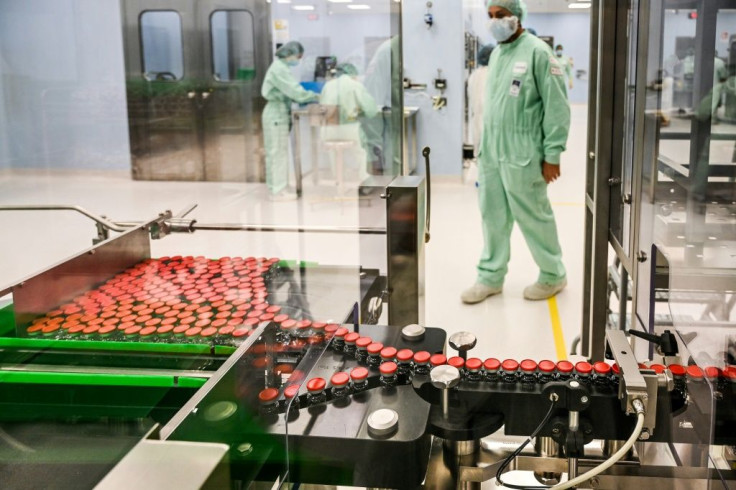US Trial With AstraZeneca's Coronavirus Vaccine Expected To Resume Soon
Clinical trials with an experimental coronavirus vaccine from AstraZeneca (NYSE:AZN) that was put on pause over a month ago could start up again soon in the United States. Trials with the candidate, AZD1222, were paused on Sept. 6, after a clinical trial volunteer in the U.K. experienced an adverse event.
In response, regulators around the globe swiftly paused enrollment into clinical trials with AZD1222, a SARS-CoV-2 vaccine that AstraZeneca licensed from Oxford University. Studies with AZD1222 in the U.K. resumed less than one week later.
In the U.S., the FDA still hasn't allowed enrollment into a 30,000-patient phase 3 study to continue. Sources briefed on the matter told Reuters on Tuesday that the pivotal U.S. study will probably be allowed to continue within the week.
When clinical trials enroll healthy patients and inject them with something new, like AZD1222, any event considered serious enough to require hospitalization can, and should, halt enrollment of new patients. We almost never hear about these relatively insignificant pauses, but the scrutiny surrounding these studies is at an all-time high right now.
AstraZeneca's pause in the U.S. could put it behind coronavirus vaccine candidates from BioNTech (NASDAQ:BNTX), Pfizer (NYSE:PFE), and Moderna (NASDAQ:MRNA). Pfizer recently suggested the candidates it's developing in partnership with BioNTech, BNT162, could be ready to apply for emergency use authorization in November. Also on Tuesday, Moderna promised to perform an interim analysis of a clinical trial with its coronavirus vaccine candidate, mRNA-1273, in November that could result lead to an EUA request in December.
This article originally appeared in the Motley Fool.
Cory Renauer has no position in any of the stocks mentioned. The Motley Fool has no position in any of the stocks mentioned. The Motley Fool has a disclosure policy.






















